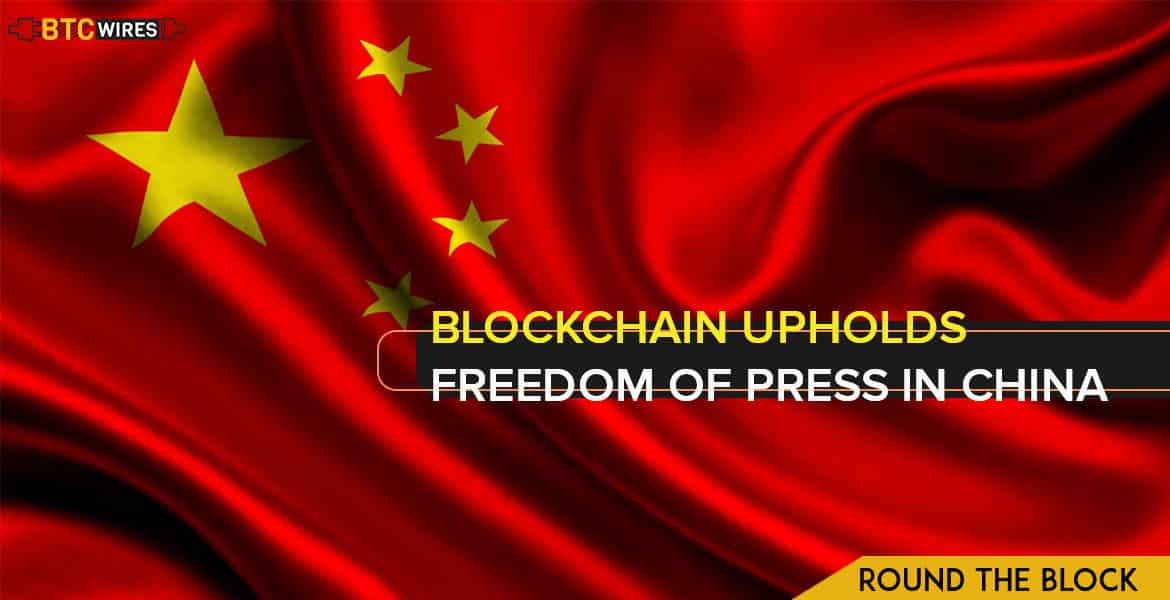Internet users in China have taken the aid of blockchain

Internet users in China have taken the aid of blockchain to go public about a suppressed news story on wrong vaccines being given to infants. Initially internet regulators managed to censor the news and stop netizens from posting online but the users outwitted the authorities soon. They stuck the story within a cryptocurrency transaction’s metadata, making sure that the news leaves an indelible mark online. TechNode was the first to notice this instance of censorship evasion.
The article evaluated a statement by the government and unveiled the fact that the Changchun Changshen Biotechnology firm from Shezen supplied inferior vaccines to infants. Meant for whooping cough the vaccine was inadequate in bolstering the three month old babies’ immune systems effectively. The company had engaged in this corrupt practice to increase profit and clinch the spot of the largest Chinese vaccine-supplier.
When the news broke, internet users lashed out against the corruption in the vaccination procedure. The article, titled “King of Vaccines” and penned by someone going by the pseudonym “Beast”, could not be reblogged successfully since regulators took all reposts down very quickly. Therefore, on 22nd July, the netizens turned to the Ethereum blockchain. An address on that sent 0.001 Ether to itself. This resulted in sticking the text on the metadata, leaving it open in the public ledger. With Ethereum not being under centralised control and being difficult to tamper with, government monitors are finding it hard to intervene and pressurise network owners to remove the transaction metadata.
This is not the first but the second time China has seen users use blockchain to air their grievances about the existing system. In April we saw student activists resort to the same blockchain to publish an open letter from a student who had faced lack of support from college authorities despite having been sexually assaulted. Unlike most documents going against government stance, this open letter is still on a public forum, thanks to blockchain technology.
